
A booth promotes 6G technology during an expo in Shanghai. (CHINA DAILY)
Greater international cooperation is needed to formulate unified global 6G technology standards — and any attempt to form small groups to limit China's influence in next-generation wireless technology will only harm the interests of the global telecommunications industry, experts said on Wednesday.
The comments came after a group of 10 countries, including the United States and the United Kingdom, announced on Monday that they have endorsed a set of principles to underpin the development of secure and resilient 6G networks.
The move came as the research and development of 6G enters a crucial time window to identify critical technologies and formulate key standards.
Dong Yifan, an assistant research fellow at the Institute of European Studies at the Beijing-based China Institutes of Contemporary International Relations, said this is the latest example of how U.S.-led developed countries want to unite with their allies for a bigger say in formulating standards of 6G.
"They have lost their edge in 5G and (now) they want to regain their strength in 6G, which has turned into a key battleground for innovation and industrial transformation," Dong said.
"This is a typical U.S. practice of forming a small group to contain China's weight in the international telecom arena, which will, in fact, slow down the development of the entire global telecommunications technology, given China's unparalleled advantage in the telecom industry."
China has built the world's largest 5G network, which boasted more than 800 million mobile subscribers at the end of 2023, according to the Ministry of Industry and Information Technology.
China also accounts for 42 percent of the global declared patents that are essential to 5G technology standards, the largest share in the world, the ministry added.
China Galaxy Securities said in a research note that in the telecom industry, countries with core advantages in the previous-generation wireless technology are more likely to gain advantages in next-generation technology, thereby achieving further technological leadership and promoting healthy industry development.
In sharp contrast to the U.S. government's closed mindset, China's top industry regulator has highlighted that 6G requires consensus and close cooperation from all parties involved in the global industry, academia, research and applications.
Zhang Yunming, vice-minister of industry and information technology, said in a 6G telecom conference in December that more efforts are needed to deepen international cooperation to promote the formulation of unified 6G global standards.
Several Chinese as well as foreign telecom and smartphone companies have participated in China's 6G technical trials and tests in 2023, as 6G is moving from a concept to a crucial stage of potential technological breakthroughs, said Wang Zhiqin, head of the IMT-2030 (6G) Promotion Group, a government-affiliated flagship platform for promoting 6G and international cooperation in the country.
Wang said Shanghai Nokia Bell, Ericsson, China Mobile, China Telecom, China Unicom, Huawei, ZTE, Vivo and Inspur have participated in China's 6G technical trials and tests in 2023.
China's 6G development adheres to the principle of open cooperation, strengthens international exchanges and has inked cooperation agreements with partners in South Korea, Europe and India, she said.
In June, the International Telecommunication Union approved a 6G vision framework, a foundational document for global 6G work, pressing the start button for renewed research and development across the world.
China Unicom is working hard to explore key potential technologies for 6G. The company expects to complete technical research and explore early application scenarios for 6G technology by 2025. The commercial launch of 6G in China is expected to begin from 2030, according to China Unicom.
Earlier this month, China Mobile, the world's largest telecom carrier by mobile subscribers, successfully launched the world's first satellite to test 6G architecture, marking a milestone in its efforts to explore integrated space and ground communication technology.
The low-earth orbit test satellite is the world's first to employ 6G design architecture, and was jointly developed by China Mobile and the Chinese Academy of Sciences' Innovation Academy for Microsatellites.
Yang Guang, senior chief analyst at the global market research company Omdia, said: "China believes that mobile networks are important infrastructure that need to be built ahead of schedule. Once the road is ready, cars will come naturally. The underlying condition is that Chinese operators are all State-owned enterprises and need to bear considerable social responsibility."
But European and U.S. telecom operators are private enterprises, and their first consideration is financial performance and their current objective is primarily to reduce costs, Yang said.










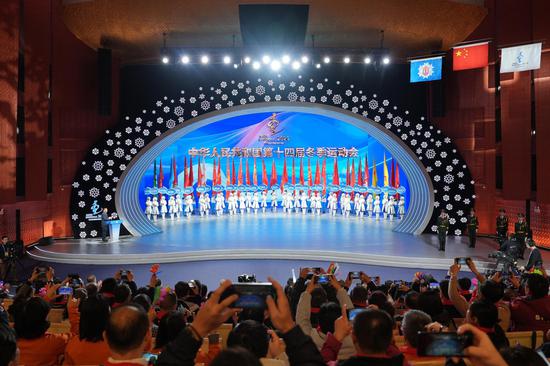


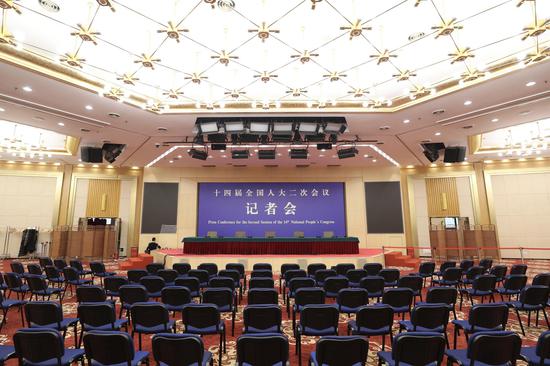
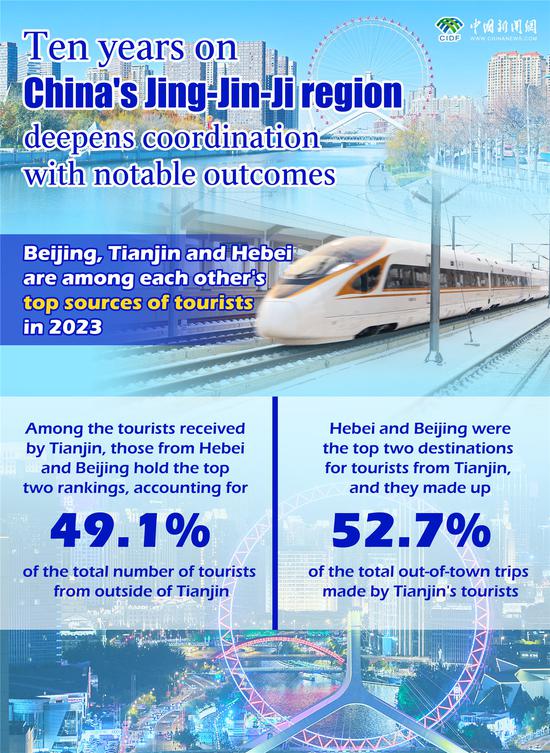
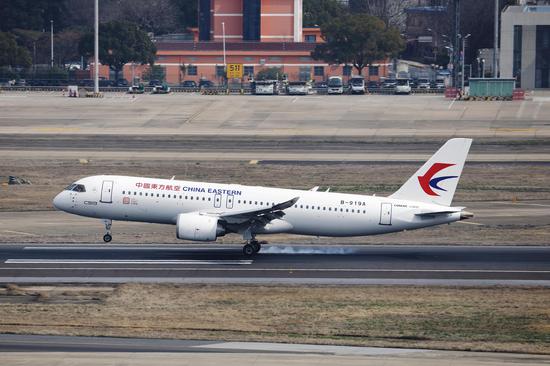



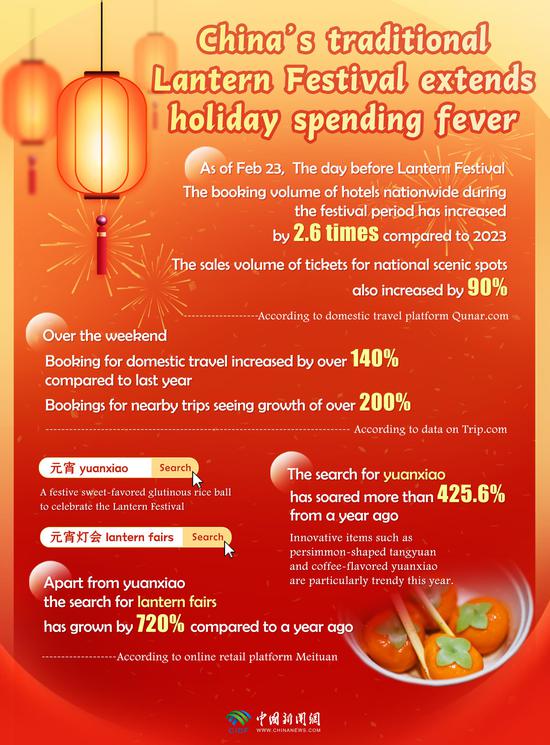


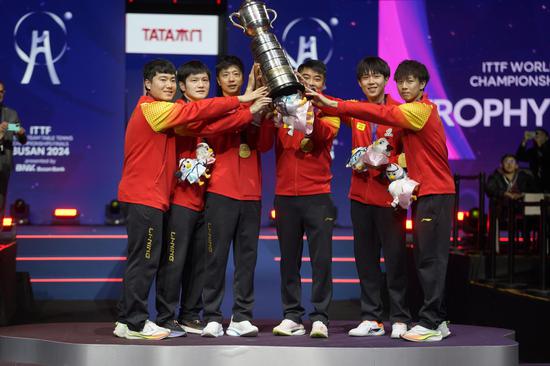







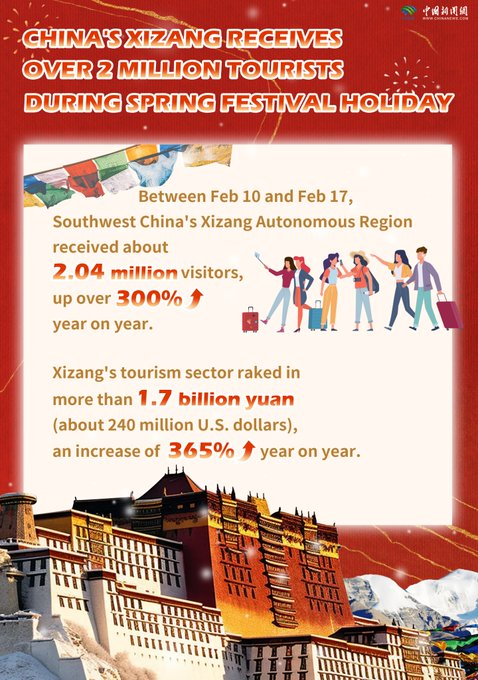













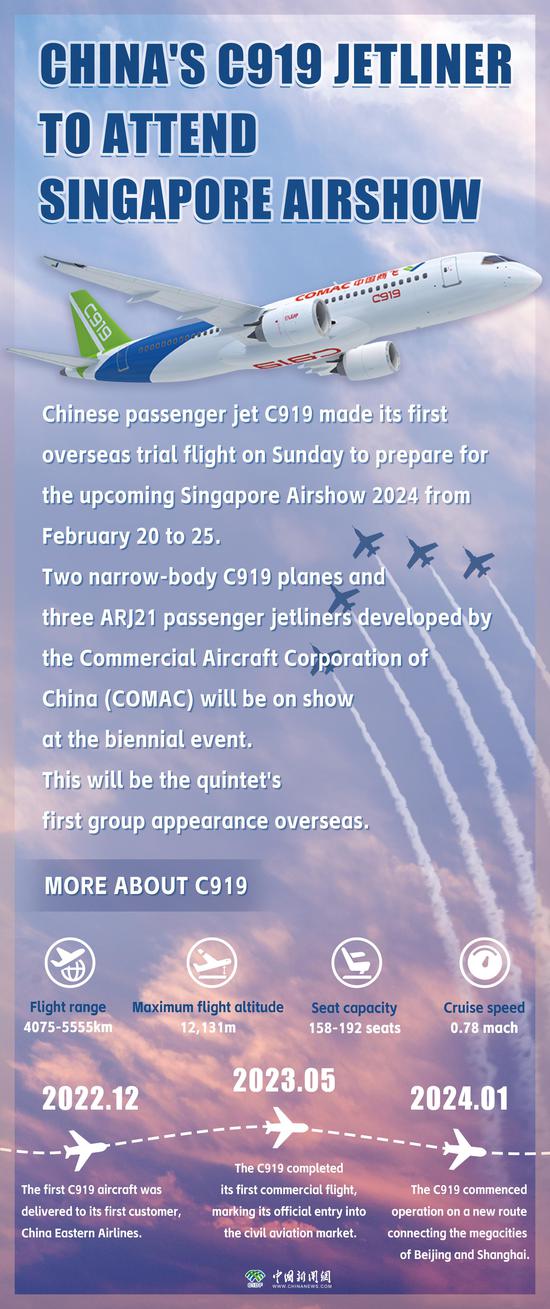





 京公网安备 11010202009201号
京公网安备 11010202009201号